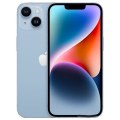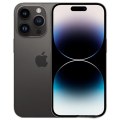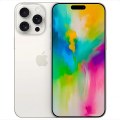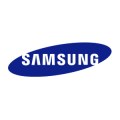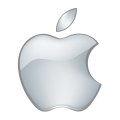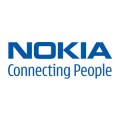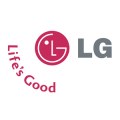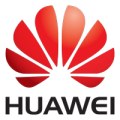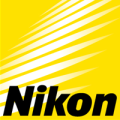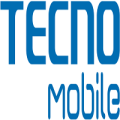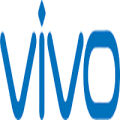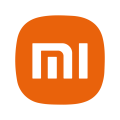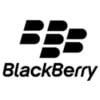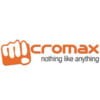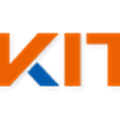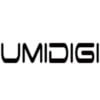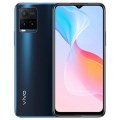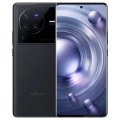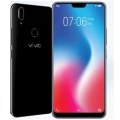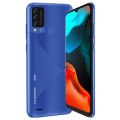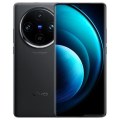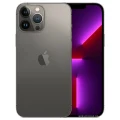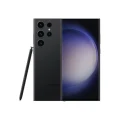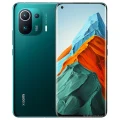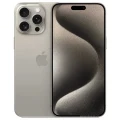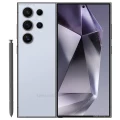- Awesome page
- Latest Mobile
- Smartphones
- Apple iPhone 16 Plus
Apple iPhone 16 Plus
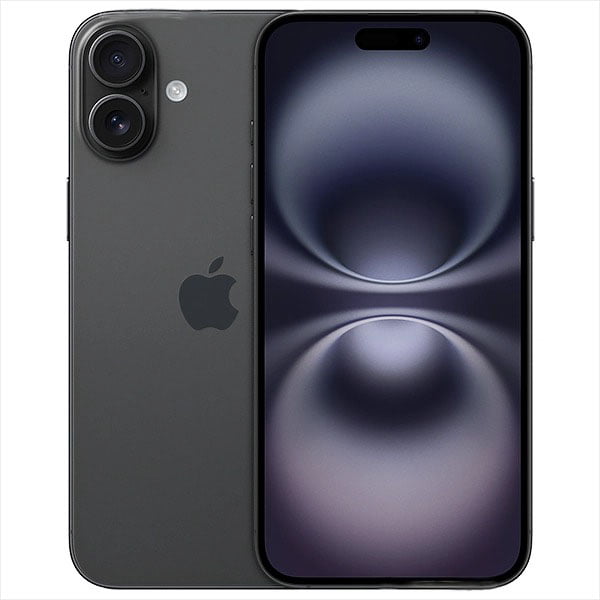


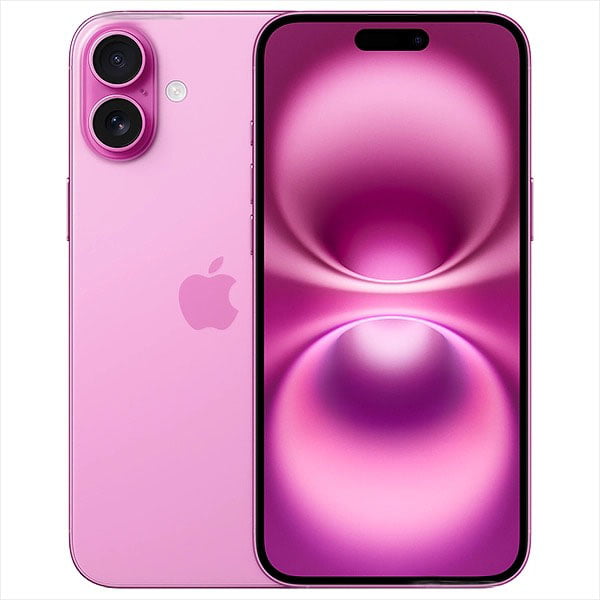
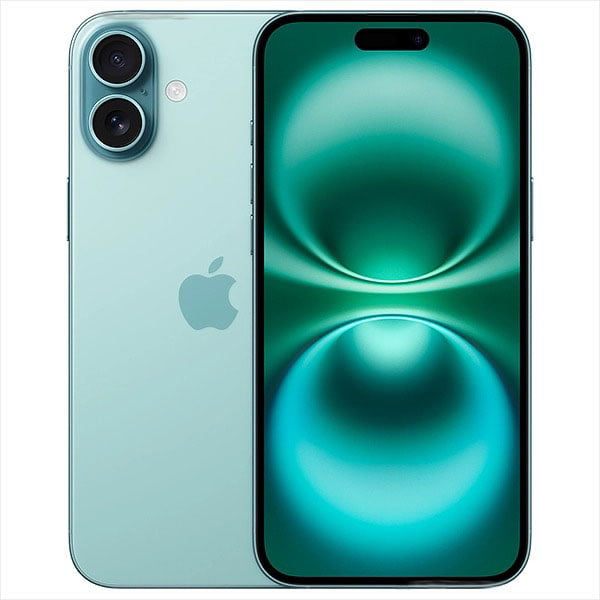
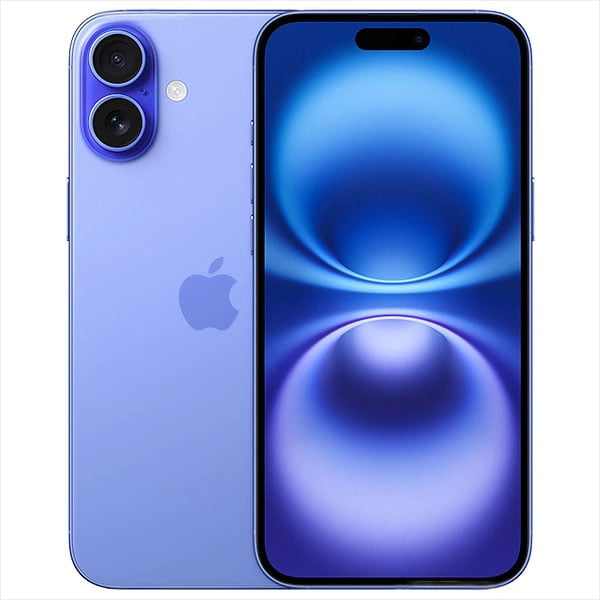
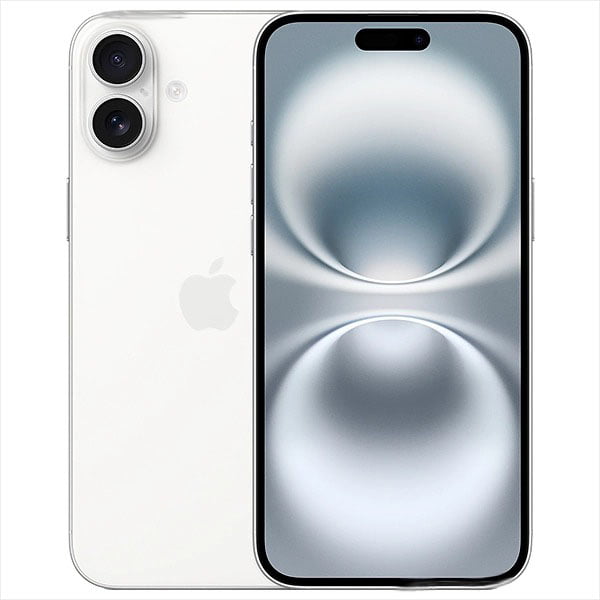
Apple iPhone 16 Plus Price in Bangladesh
The Apple iPhone 16 Plus Price in Bangladesh is BDT 150,000, available in three storage variants: 128GB, 256GB, and 512GB. This high-end smartphone features a powerful, yet unspecified battery with super-fast charging technology. Running on iOS 17, the iPhone 16 Plus is powered by the cutting-edge Apple A18 (3 nm) chipset, ensuring exceptional performance and efficiency. The Apple iPhone 16 Plus Price in Bangladesh reflects its premium features and advanced technology, making it a top choice for those seeking the latest in smartphone innovation.
Specifications
General
| Model | Apple iPhone 16 Plus |
| Announced | 09 September, 2024 |
| Released | 22 November, 2024 |
| Status | Available |
| Official price | ৳1,50,000 |
| Global price | $899 |
Design
| Dimensions | 160.9 x 77.8 x 7.8 mm (6.33 x 3.06 x 0.31 in) |
| Weight | 199 g (7.02 oz) |
| Colors |
Black, White, Pink, Teal, Ultramarine |
Network
| Technology | GSM / CDMA / HSPA / EVDO / LTE / 5G |
| 2G Network |
GSM 850 / 900 / 1800 / 1900 - SIM 1 & SIM 2 (dual-SIM) CDMA 800 / 1900 |
| 3G Network |
HSDPA 850 / 900 / 1700(AWS) / 1900 / 2100 CDMA2000 1xEV-DO |
| 4G Network |
LTE |
| 5G Network |
SA/NSA/Sub6 - International SA/NSA/Sub6/mmWave - USA |
| GPRS <strong>GPRS</strong> (General Packet Radio Service) is a packet oriented mobile data service on the 2G and 3G cellular communication system's global system for mobile communications (GSM), Generally, GPRS is used for the purpose of wireless data transfer, such as sharing pictures and videos or browsing the Internet via a mobile phone connection. | |
| EDGE <strong>EDGE</strong> (Enhanced Data GSM Environment) is a wireless network technology generally considered the next step in the 2G network offers data transfer rates up to four times faster than ordinary GSM networks, Generally, EDGE is used for the purpose of wireless data transfer, such as sharing pictures and videos or browsing the Internet via a mobile phone connection. | |
| Speed | HSPA, LTE, 5G, EV-DO Rev.A 3.1 Mbps |
Display
| Display Type <strong>Display Technology => </strong> A number of display technologies and types used in mobile phones => TFT (Thin Film Transistor), IPS (In-Place Switching), OLED (Organic Light Emitting Diode), AMOLED (Active-Matrix Organic Light-Emitting Diode), Super AMOLED (an even advanced version of AMOLED), Resistive Touchscreen (Resistive touchscreens contain two layer of conductive material with a very small gap between them which acts as a resistance), Capacitive Touchsceen (Capacitive touchscreen technology consists of a layer of glass coated with a transparent conductor) | Super Retina XDR OLED, HDR10, Dolby Vision, 1000 nits (typ), 2000 nits (HBM) |
| Size | 6.7 inches, 110.2 cm2 (~88.0% screen-to-body ratio) |
| Resolution | 1290 x 2796 pixels, 19.5:9 ratio (~460 ppi density) |
| Features |
Ceramic Shield glass (2024 gen) |
Camera
Main camera
| Camera Setup | Dual |
| Primary <strong>Camera</strong> is able to capture photographs and usually videos, The most important characteristics of a camera are the resolution (measured in megapixels), lens focus type (fixed or automatic), higher megapixel cameras are known to capture higher quality photos, but not always a good measurement of the photos quality. |
48 MP, f/1.6, 26mm (wide), 1/1.56&amp;quot;, 1.0µm, dual pixel PDAF, sensor-shift OIS 12 MP, f/2.2, 13mm, 120˚ (ultrawide), 0.7µm, dual pixel PDAF |
| Features |
Dual-LED dual-tone flash, HDR (photo/panorama) |
| Video | 4K@24/25/30/60fps, 1080p@25/30/60/120/240fps, HDR, Dolby Vision HDR (up to 60fps), stereo sound rec. |
Selfie camera
| Camera Setup | Single |
| Primary <strong>Camera</strong> is able to capture photographs and usually videos, The most important characteristics of a camera are the resolution (measured in megapixels), lens focus type (fixed or automatic), higher megapixel cameras are known to capture higher quality photos, but not always a good measurement of the photos quality. |
12 MP, f/1.9, 23mm (wide), 1/3.6&amp;quot;, PDAF SL 3D, (depth/biometrics sensor) |
| Features |
HDR, Dolby Vision HDR, 3D (spatial) audio, stereo sound rec. |
| Video | 4K@24/25/30/60fps, 1080p@25/30/60/120fps, gyro-EIS |
Hardware
| Chipset <strong>Chipset</strong> is a group of integrated circuits designed to perform one or a more dedicated functions, often with real time computing constraints, Popular smartphones are equipped with more advanced embedded chipsets that can do many different tasks depending on their programming. | Apple A18 (3 nm) |
| CPU <strong>CPU</strong> (Central Processing Unit) mostly known as processors, CPU processes instructions in order to carry out certain functions that make your device operate properly. Processors are often described as the brain of computers, smartphones and tablets, Smartphones and tablets rely on processors to carry out their every task, Processors are an incredibly important factor in selecting any type of computing device, including your smartphone. | Hexa-core |
| GPU <strong>GPU</strong> (Graphics Processing Unit) is a single-chip processor designed to rapidly manipulate and alter memory to accelerate the creation of images in a frame buffer intended for output to a display, This includes things such as lighting effects, object transformations, and 3D motion. | Apple GPU (5-core graphics) |
| RAM (Memory) <strong>RAM</strong> (Random Access Memory) is a type of computer memory that can be accessed randomly, any byte of memory can be accessed without touching the preceding bytes that allows information to be stored and accessed quickly from random locations. RAM is the most common type of memory found in computer systems, smartphones, tablets and other electronic devices. | - |
| Internal Storage <strong>Internal Storage</strong> is a data storage space (flash memory) mostly used in smartphones, tablets and other electronic devices where operating system, apps, music, photos, videos, files and other user data Is stored. | 128/256/512 GB NVMe |
| Sensors <strong>Sensors</strong> are electronic components that detects and responds to some type of input from the physical environment. The specific input could be light, heat, motion, moisture, pressure and location, The output is generally a signal that is converted to use in computing systems, a location sensor, such as a GPS receiver is able to detect current location of your electronic device. |
Face ID, accelerometer, gyro, proximity, compass, barometer Ultra Wideband (UWB) support (gen2 chip) Emergency SOS, Messages and Find My via satellite |
Connectivity
| Bluetooth <strong>Bluetooth</strong> is a wireless communications technology for exchanging data between mobile phones, headsets, computers and other network devices over short distances without wires, Bluetooth technology was primarily designed to support simple wireless networking of personal consumer devices. | 5.3, A2DP, LE |
| Infrared <strong>Infrared</strong> connectivity is an old wireless technology used to connect two electronic devices. It uses a beam of infrared light to transmit information and so requires direct line of sight and operates only at close range. | |
| USB | USB Type-C 2.0, DisplayPort |
| GPS <strong>GPS</strong> The Global Positioning System is a satellite-based radio navigation system, GPS permits users to determine their position, velocity and the time 24 hours a day, in all weather, anywhere in the world, In order to locate your position, your device or GPS receiver must have a clear view of the sky. | GPS, GLONASS, GALILEO, BDS, QZSS |
| NFC <strong>NFC</strong> (Near field communication) is a set of standards for smartphones and similar devices to establish peer-to-peer radio communications with each other by touching them together or bringing them into proximity, usually no more than a few inches. |
Battery
| Battery Type <strong>Battery Type => </strong> Cell phones run on various kinds of batteries depending on the manufacturer, phone size or shape and features. There are basically four types of cell phone batteries => Lithium Polymer, Lithium Ion, Nickel Metal Hydride and Nickel Cadmium. | Non-Removable Li-Po |
| Capacity <strong>Battery Capacity</strong> is a measure (typically in Amp-hr) of the charge stored by the battery, and is determined by the mass of active material contained in the battery. The battery capacity represents the maximum amount of energy that can be extracted from the battery under certain conditions. | - |
| Charging Charging | Wired, PD2.0, 50% in 30 min (advertised) 25W wireless (MagSafe) 15W wireless (Qi2) 4.5W reverse wired |
Why the iPhone 16 Plus is the Smartphone of the Year
Introduction
Apple has always been a trailblazer in the smartphone industry, and the release of the iPhone 16 Plus is no exception. This latest installment in the iconic iPhone series promises to push the boundaries of technology, design, and user experience. If you’re a tech enthusiast, an Apple fan, or just someone looking for a new smartphone, the iPhone 16 Plus might be the perfect device for you. In this comprehensive review, we’ll explore everything you need to know about the iPhone 16 Plus—from its innovative design to its powerful performance and groundbreaking features. By the end of this article, you’ll have a clear understanding of what makes this smartphone stand out in a crowded market.
Design and Display
Apple has always been known for its meticulous attention to detail, and the iPhone 16 Plus is no different. The device boasts a sleek, modern design that feels both premium and durable. Constructed from aerospace-grade aluminum and ceramic shield, the iPhone 16 Plus is designed to withstand the rigors of everyday use while maintaining a luxurious feel. Its dimensions are slightly larger than its predecessor, making it more comfortable to hold and use.
The display is where the iPhone 16 Plus truly shines. Featuring a 6.7-inch Super Retina XDR display, this device offers stunning visuals with vibrant colors and deep blacks. The resolution is an impressive 2778 x 1284 pixels, ensuring that every image and video looks crisp and detailed. One of the standout features of the display is its 120Hz ProMotion technology, which makes scrolling and animations incredibly smooth.
In addition to its incredible resolution and refresh rate, the iPhone 16 Plus also supports HDR10 and Dolby Vision, making it perfect for watching high-definition content. Whether you’re streaming your favorite show or playing the latest mobile game, the display quality will leave you in awe.
Performance and Battery Life
Under the hood, the iPhone 16 Plus is powered by Apple’s latest A16 Bionic chip, which is a powerhouse when it comes to performance. With its six-core CPU, five-core GPU, and 16-core Neural Engine, this smartphone is capable of handling even the most demanding tasks with ease. Whether you’re multitasking, gaming, or editing photos and videos, the iPhone 16 Plus delivers a seamless experience.
One of the most impressive aspects of the A16 Bionic chip is its efficiency. Apple has made significant strides in optimizing power consumption, which translates to longer battery life. The iPhone 16 Plus can easily get you through a full day of heavy usage without needing to recharge. And when you do need to top up, the device supports fast charging and MagSafe wireless charging, so you can get back to using your phone in no time.
Battery life is further enhanced by iOS 16’s intelligent battery management features. These features include optimized battery charging, which slows the rate of battery aging by reducing the time your iPhone spends fully charged. Overall, the iPhone 16 Plus sets a new standard for smartphone performance and battery life.
Camera Capabilities
Apple’s iPhones have always been known for their exceptional camera quality, and the iPhone 16 Plus takes it to the next level. The device features a triple-camera setup, including a 108MP wide-angle lens, a 48MP ultra-wide lens, and a 12MP telephoto lens with 5x optical zoom. This versatile camera system allows you to capture stunning photos and videos in any situation.
One of the standout features of the iPhone 16 Plus’s camera is its advanced computational photography capabilities. With features like Smart HDR 4, Deep Fusion, and Night mode, you can capture incredible detail and dynamic range in your photos, even in challenging lighting conditions. The camera also supports ProRAW and ProRes video recording, giving you more creative control over your content.
In addition to its impressive hardware, the iPhone 16 Plus also includes several new software enhancements. The Photographic Styles feature lets you customize the look of your photos by adjusting tone and color, while Cinematic mode allows you to create videos with professional-quality depth-of-field effects. Overall, the camera capabilities of the iPhone 16 Plus make it a formidable tool for both amateur and professional photographers.
User Experience and Features
The iPhone 16 Plus runs on iOS 16, Apple’s latest operating system, which offers a smooth and intuitive user experience. The interface is clean and easy to navigate, with several new features that enhance usability. One of the most notable additions is Focus mode, which allows you to customize your notifications and home screen based on your current activity, whether it’s work, personal time, or sleep.
Apple has also introduced several new privacy features in iOS 16, including Mail Privacy Protection and App Privacy Report. These features give you more control over your data and help protect your personal information from being tracked by third-party apps and websites.
Another unique feature of the iPhone 16 Plus is its integration with Apple’s ecosystem. With features like AirDrop, Handoff, and Continuity, you can seamlessly switch between your iPhone, iPad, Mac, and Apple Watch. This level of integration makes the iPhone 16 Plus an excellent choice for anyone who already uses other Apple products.
Pricing, Availability, and Conclusion
The iPhone 16 Plus is available in several configurations, with prices starting at $1,099 for the base model with 128GB of storage. While this may seem steep, the device’s premium features and performance justify the price. Additionally, Apple offers several financing options and trade-in programs to make upgrading more affordable.
The iPhone 16 Plus is available for purchase through Apple’s website, as well as through authorized retailers and carriers. Given the high demand for this flagship device, it’s a good idea to place your order early to ensure you get your hands on one as soon as possible.
In conclusion, the iPhone 16 Plus is a remarkable device that sets a new standard for smartphones. With its stunning design, powerful performance, exceptional camera capabilities, and seamless user experience, it’s hard not to be impressed. Whether you’re a tech enthusiast, a smartphone user, or an Apple fan, the iPhone 16 Plus is sure to exceed your expectations. If you’ve had the chance to try the iPhone 16 Plus, we’d love to hear your thoughts in the comments below.
